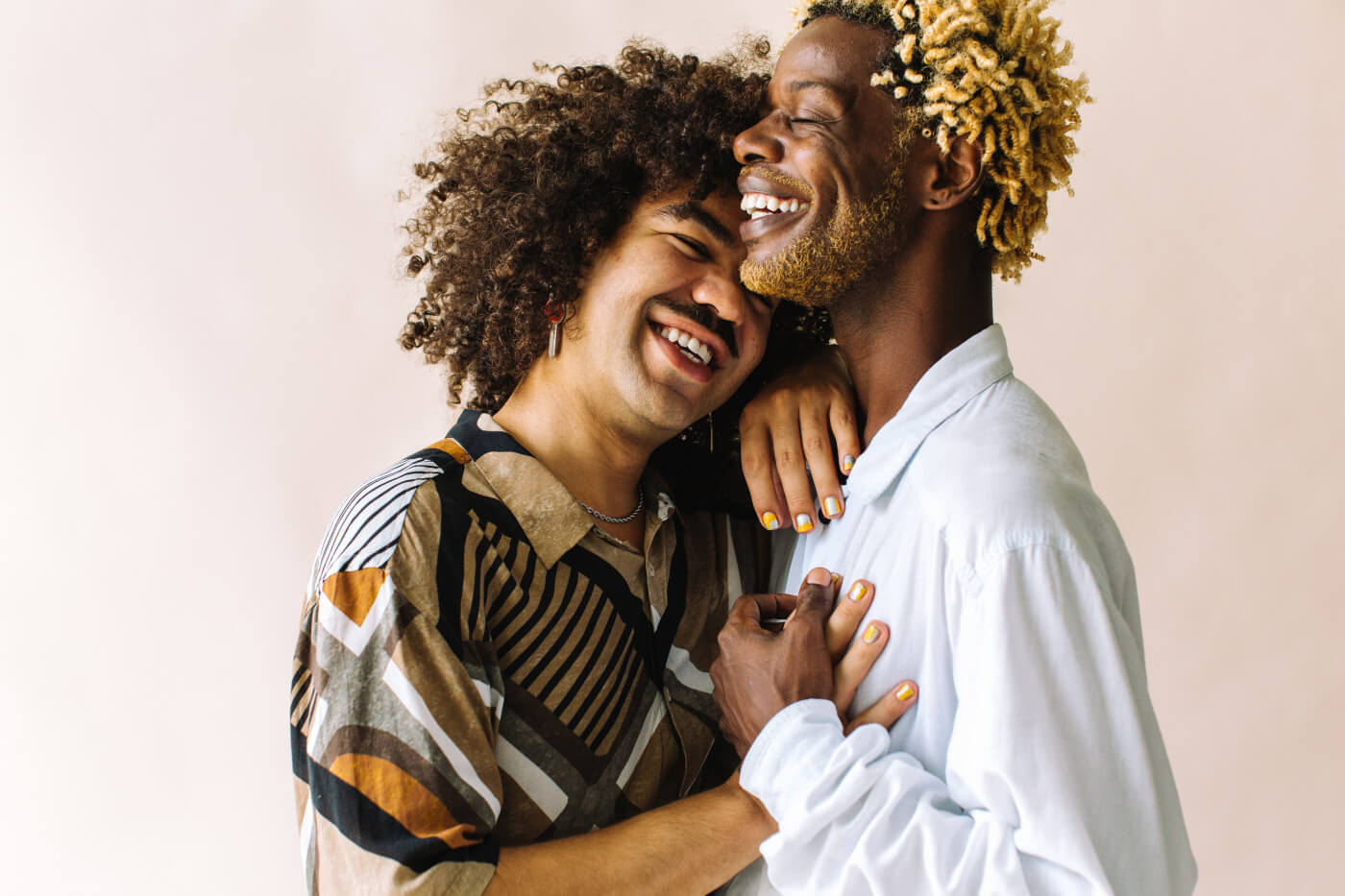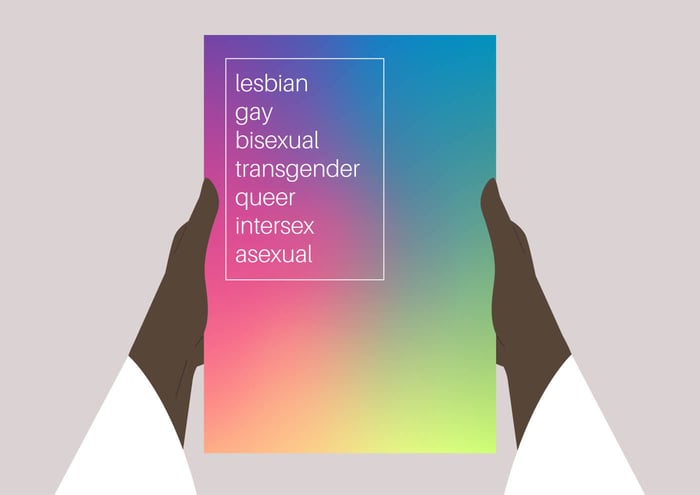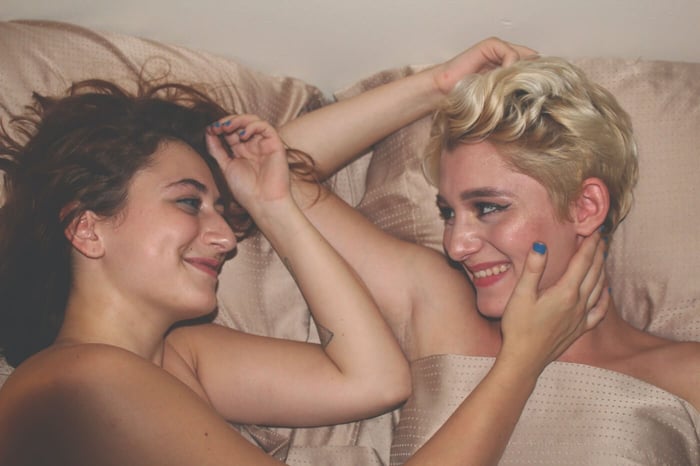
What "Queer" Means Now
Where "Queer" Came From
The word queer has a long and even contentious history. Originally, queer just meant strange, or odd. Someone who was maybe eccentric. Over time it became a slur to mean gay and often followed with violence. So, it is understandable that not everyone is jumping to take back the word in a positive way. However, for many, reclaiming and embracing "what queer means" has become a powerful statement of identity and resilience.
It has exponentially grown in popularity as a personal identifier - an umbrella term that even goes beyond sexuality. This is in large part due to early LGBT and feminist activist movements for visibility of the community and gender equality. As so often happens with activism, the needs change and evolve over time. One of the evolutions of these movements was queer theory in the 1990s.
What is Queer Theory?
Some theorists branched off into queer theory, a branch of gender and sexuality studies. The difference here is that these theorists took cues from the AIDS epidemic, feminist and cultural theorists, the LGBT movement and beyond. In the simplest terms, queer theory defines "queer" as non-normative. The rest is just details of how somebody is non-normative.
The term "queer theory" was first used by Teresa de Laurentis. Additionally, Michel Foucault’s work on power, discourse, and sexuality, was especially important for the foundation of queer theory. Theorists further examined how someone forms a singular identity, if they can sometimes, as well as the politics surrounding that.
For example, first generation immigrants assimilating or not, changing names to be more American or using their government names even if they are mispronounced often. The politics of identity becomes important and is included with and applied to non-normative gender and sexuality.
In other words, queer theory examines the nature of these dynamics, not just that being gay is not “normal.” It creates new paths to identities, especially non-normative ones.
Queer theory examines topics beyond just sexuality, like elder care for older queers who have no family to take care of them. It covers unconventional careers like sex work and married couples who choose not to have children. All of these are non-normative, and even beyond gender and sexuality. Queer is political.

Where We Are Now
Queer theory has challenged that what is normal, conventional, and traditional is not necessarily desirable or preferred for everyone. The perfect example of what queer means now comes from none other than Sophia Petrillo of the Golden Girls. In about thirty seconds she succinctly explains how her late son is queer, despite being married with children. The audience will never know how he would have identified, and that’s part of the beauty of queerness.
If it feels right, use it. If it elicits bad feelings for you, feel free to identify another way. If you are a CEO of a company and practice kink at home, this may be your normal and might not feel “queer.” But for anyone who is not covered by the canopy of normativity, queer is an umbrella you are more than welcome to use!
Where We Are Going
It’s challenging to imagine where we are without the rich history of the LGBTQ+ community. Most people have heard of the Stonewall riot. They know of "Don’t Ask, Don’t Tell." They know about Ellen DeGeneres and Ru Paul.
Queer may mean non-normative, but queerness is an intentional path and consciousness to take action in our own lives and around the world. Queerness means living with pride in the face of shame. For some people, that means reclaiming the word altogether to repurpose it into something positive.
Theorists and activists need an open dialogue to make the most impact for the future of our queer youth. Maybe with more people identifying as queer and being aware of what queer means, suicide rates will decrease for queer folx, and fewer queer children will be thrown out of their families onto the streets. This is one reason why people choose to live their lives authentically and queerly.
As the rally cry goes, “We’re Here. We’re Queer. Get Used To it!”
If you or someone you know is struggling with suicidal thoughts, please refer to one of these hotlines depending on age.




